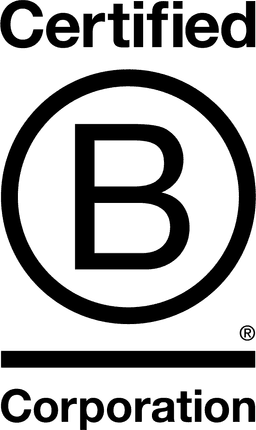

Pangaia Materials Science Limited

Hertfordshire, United Kingdom
December 2022
Textiles
Wholesale/Retail
France,
Italy,
United Kingdom,
United States
PANGAIA is a materials science company made up of a global collective of scientists, designers, technologists and creatives. Existing at the intersection of science, purpose and design, PANGAIA aims to inspire and accelerate an Earth-positive future; creating products which solve environmental problems for the industry and give back more than they take. With nature as the inspiration and science as the compass, PANGAIA brings to life innovations and showcases how they can be transformed into everyday products, discovering how to unlock nature’s solutions and become its greatest collaborator. Examples include replacing polluting plastics in activewear with plant-based nylon; embracing the regenerative future of cotton, one of the planet’s most over-cropped fibers; filling our outerwear with flowers, leaving birds unharmed and fully feathered; and creating grape-leather sneakers made from repurposed waste reducing the need for animal or plastic-based materials. PANGAIA is headquartered in London, UK, with satellite teams in the US and Europe. The majority of PANGAIA products are sold directly to customers through e-commerce, retail pop-ups and permanent concessions. PANGAIA also operates as a business-to-business solution, meeting industry partners’ needs by sharing its materials.
Overall B Impact Score
Governance 15.6
Governance evaluates a company's overall mission, engagement around its social/environmental impact, ethics, and transparency. This section also evaluates the ability of a company to protect their mission and formally consider stakeholders in decision making through their corporate structure (e.g. benefit corporation) or corporate governing documents.
What is this? A company with an Impact Business Model is intentionally designed to create a specific positive outcome for one of its stakeholders - such as workers, community, environment, or customers.
Workers 20.6
Workers evaluates a company’s contributions to its employees’ financial security, health & safety, wellness, career development, and engagement & satisfaction. In addition, this section recognizes business models designed to benefit workers, such as companies that are at least 40% owned by non-executive employees and those that have workforce development programs to support individuals with barriers to employment.
Community 16.0
Community evaluates a company’s engagement with and impact on the communities in which it operates, hires from, and sources from. Topics include diversity, equity & inclusion, economic impact, civic engagement, charitable giving, and supply chain management. In addition, this section recognizes business models that are designed to address specific community-oriented problems, such as poverty alleviation through fair trade sourcing or distribution via microenterprises, producer cooperative models, locally focused economic development, and formal charitable giving commitments.
Environment 29.5
Environment evaluates a company’s overall environmental management practices as well as its impact on the air, climate, water, land, and biodiversity. This includes the direct impact of a company’s operations and, when applicable its supply chain and distribution channels. This section also recognizes companies with environmentally innovative production processes and those that sell products or services that have a positive environmental impact. Some examples might include products and services that create renewable energy, reduce consumption or waste, conserve land or wildlife, provide less toxic alternatives to the market, or educate people about environmental problems.
What is this? A company with an Impact Business Model is intentionally designed to create a specific positive outcome for one of its stakeholders - such as workers, community, environment, or customers.
Customers 2.6
Customers evaluates a company’s stewardship of its customers through the quality of its products and services, ethical marketing, data privacy and security, and feedback channels. In addition, this section recognizes products or services that are designed to address a particular social problem for or through its customers, such as health or educational products, arts & media products, serving underserved customers/clients, and services that improve the social impact of other businesses or organizations.